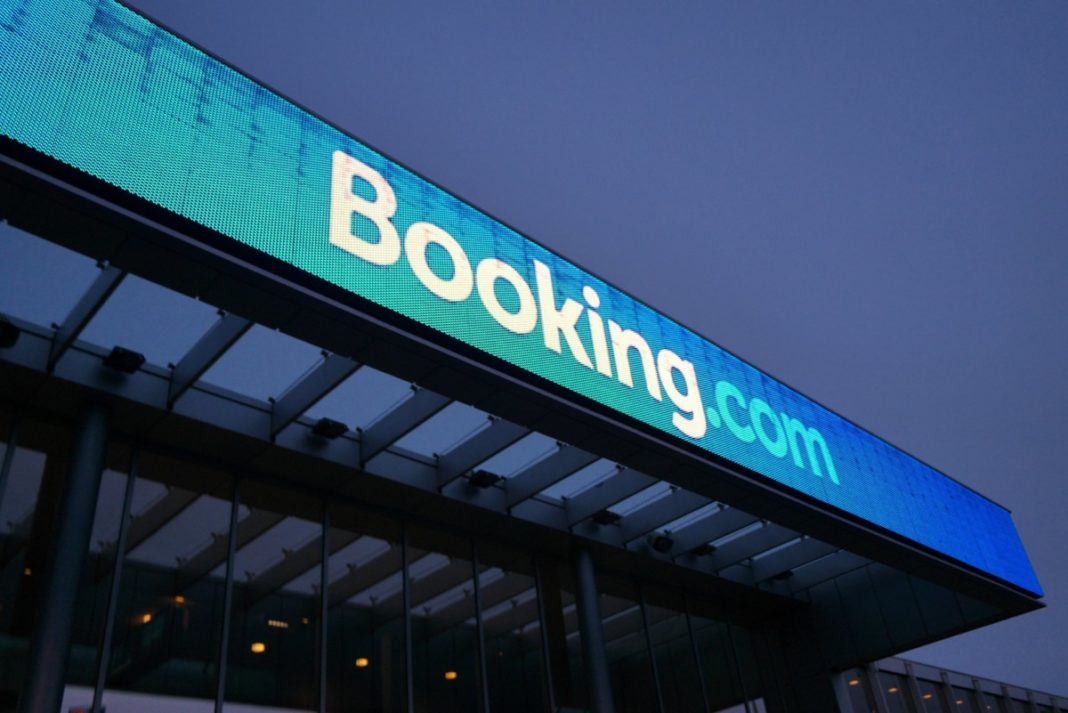You’ve found the perfect room for your holiday, but oh no! The website assures you to ‘Book soon! There’s only one room left!’ Ah, that’s fine, you know today is a great deal, because that one room has a discount, and the hotel was booked 50 times in the last 24-hours, so it must be good. Book, pay, and you’re ready to hit the sun.
Well, maybe not. Although most people consider themselves much more savvy about how companies advertise their services (although we’re still confused about why our Ab-king didn’t give us a six-pack in thirty days), the above are just some of the manipulations used by Dutch company, Booking.com.
But, not anymore! Well, not from 16 June 2020. The accommodation-giant has made an agreement with the European Commissioner for Consumer affairs to stop the practices, reports Belgian newspaper De Tijd.
What are the changes?
From then on, Booking.com will make it clear that claims like ‘one room left’ only apply to the availability on their website. In other words, there may be multiple rooms left, but Booking.com has only been allocated one to sell. Via other channels, additional rooms can be available.
Sale prices will no longer be used if the price will remain the same after the deadline Booking.com advertises. And, in line with Facebook and Instagram requiring #sponsored posts, Booking.com will indicate if a hotel has paid to appear higher in search results.
The company will also provide greater transparency around prices. All surcharges and taxes must be clearly stated, and they cannot claim a room is ‘discounted’ if the discount comes from other circumstances: like the season the room is booked.
Why are these changes happening?
Because everyone deserves to know what they’re purchasing. According to De Tijd, Booking.com has been closely watched by the consumer watchdog for years. Meanwhile, consumer organizations have also been monitoring the travel giant over misleading selling techniques. That’s a lot of eyeballs on one company.
“It is an important signal that a market leader such as Booking.com is taking its responsibility,” European Commissioner Didier Reynders told De Tijd. “Non-transparent communication is a source of frustration for many. Internet companies must realize that they must continue to earn the trust of consumers.”
New consumer protections will come into effect from 17 January 2020, when European consumer legislation is tightened. Then, national advertising watchdogs will be able to work across borders to tackle misleading advertising. Go European Union (but sorry our British friends).
Have you experienced misleading sales tactics on accommodation websites? Let us know your experiences in the comments below!



